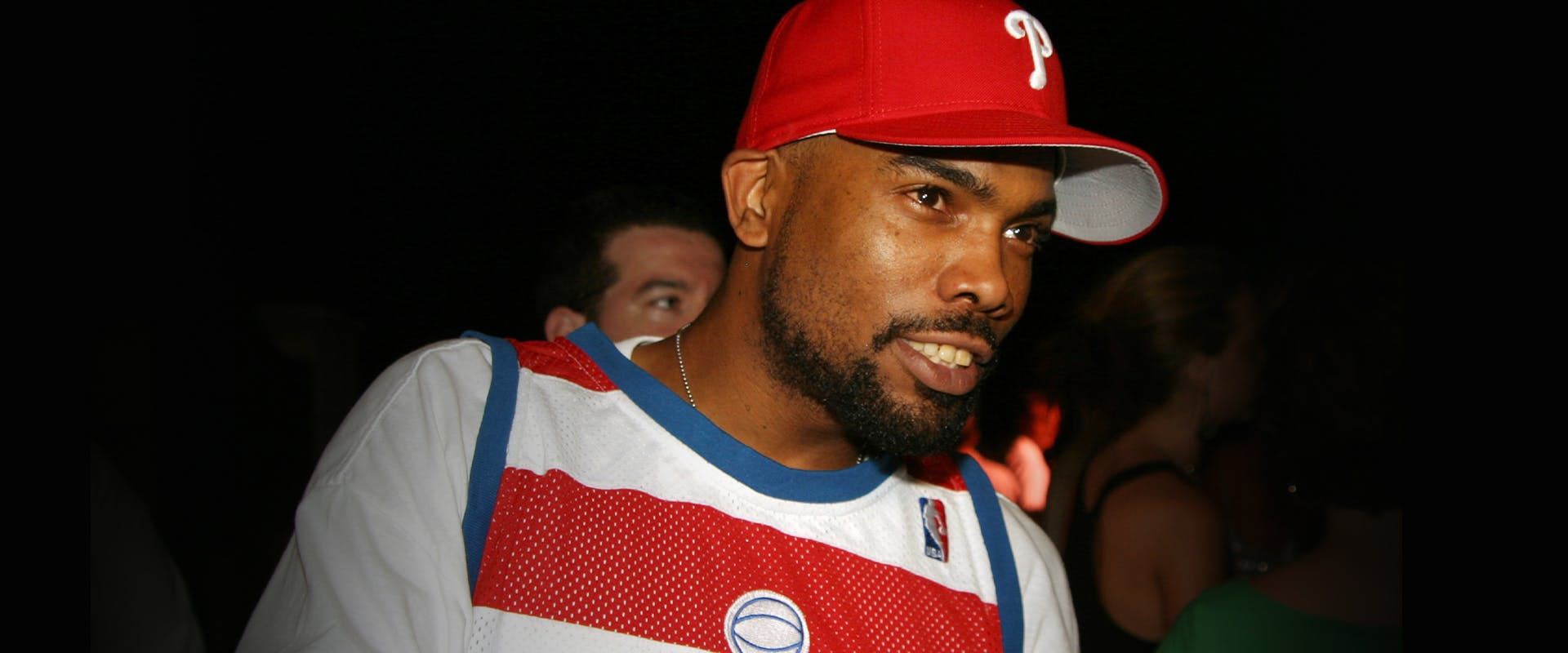

Proof: Forever The Mayor Of Detroit
Proof: Forever The Mayor Of Detroit
Published Sat, October 2, 2021 at 12:43 PM EDT
“I put my soul through the ink/Bless a pad with thoughts, add my faults, before I grow extinct.”
One of the biggest roadblocks to stardom in the late 90s and early 2000s was coming up under a juggernaut. As artists like Nelly, Ludacris and 50 Cent brought their respective teams (The St. Lunatics, DTP and G-Unit) with them, it was hard for the groups to shake the stigma of their career solely being a result of a fortuitous friendship.
For Eminem it was no different. As acclaimed as Royce Da 5’9” has become, both by fans and critics, many people forget that even he had to fight the stigma of being “Eminem’s man.” As far as D12 went, the sentiment that they were given careers as a favor was so strong, they made it the topic of their debut single “My Band.”
The group was often with Eminem but no one was by Slim Shady’s side more than his best friend, partner in rhyme and go-to hype man for shows, DeShaun Dupree Holton, known to the rap world as Proof.
The two men will forever be linked, which is as it should be. Proof always pushed Eminem to never quit and as a result of that perseverance, a rap juggernaut was introduced to the world with Dr. Dre behind him.
Proof’s career as a solo artist was not especially notable. His only major label LP, The Search For Jerry Garcia (named for its release date which happened to be the ten year anniversary of Garcia’s passing), debuted at #65 on the Billboard 200 charts, and aside from it’s lead single “Gurls Wit da Boom,” never made waves on radio.
What would have become of his mainstream status is moot, but the reason Proof’s legacy is an inexorable part of the city he came up in, is more a function of simply who he was.
“He was the mayor of Detroit. Point blank, period,” noted Marcel Williams. As a Hip-Hop journalist that grew up in Detroit and lived in the Motor City during D12’s run, Marcel equated Proof’s status to another legend taken from us too soon. “From the standpoint of what he meant for the community, Proof was to Detroit what Nipsey Hussle was going to be: The glue,” he added.
In the early 2000s there was a lot of tension among artists in Detroit. Eminem was feuding with Insane Clown Posse, Esham was going at Em’ and D12. Friends even became foes as Royce and the "Purple Pills" rappers turned adversarial.
With all of the news clips that highlighted Proof’s closeness with Eminem, Marcel says the part that got swept under the rug was the unity he was bringing to the city’s artists at the time of his passing.
“He was on a peace mission during his last days, which made it hurt so much more the way he died: In his city at the hands of someone who, had the circumstances been different, he probably would have looked out for,” remembered Marcel. “A lot of people know the story Royce has told, how they ran into each other downtown, both had guns ready to draw down, got popped and wound up in the same holding cell as each other. They spent the whole night talking and patched their relationship up. That helped bring Royce and Em’ to the table and got them talking, as well as the rest of D12.”
He continued:
"Proof’s He put his beef with Evidence and Dilated Peoples to the side, made amends with them, he made amends with Everlast, with ICP. He was going around and making peace everywhere there wasn’t [previously] throughout his career. That part was never talked about. I interviewed Mikey Epstein, D12’s tour manager and he was telling me how a lot of the issues they had with other people early in their career, Proof solved them over bowling. He had a league. Other rappers had teams, Everlast had one. They would all meet up and bowl and that solved a lot of differences.”
Hip-Hop celebrated Proof for being an integral part of Eminem’s early success and perseverance. In Detroit, the reverence goes much deeper. In a city not characterized by the support of their own artists, Proof truly was as the 2008 mixtape suggested, The Mayor of Detroit.



